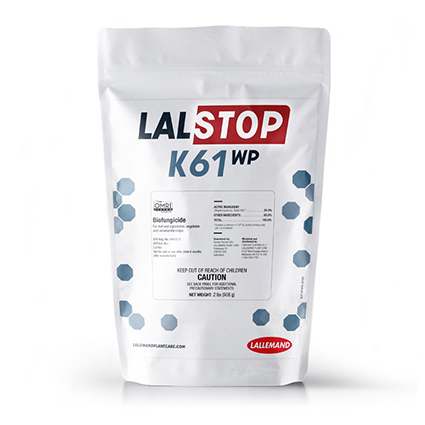HEROES Act: Legal Cannabis Banking Reform Makes Latest Stimulus Negotiations (UPDATING)
On Tuesday, Speaker of the House Nancy Pelosi unveiled the newest bill to provide the next stage of coronavirus relief funding, which included language that would improve access to banking services and loans for the regulated cannabis industry, the National Cannabis Industry Association (NCIA) writes in a recent press release.
According to NCIA, the banking language is identical to the House-approved Secure and Fair Enforcement (SAFE) Banking Act and would make it easier for financial institutions to work with cannabis businesses that are in compliance with state law, as well as help address serious public health and safety concerns caused by operating in predominantly cash-only environments.
The relief bill, known as the HEROES Act, also includes language preventing applicants for Small Business Administration loans from being disqualified based solely on a criminal conviction.
The full relief legislation is available here, with banking language starting on page 1066.
The HEROES Act will now be taken up by the rest of the House before a floor vote. If passed, it will go to the Senate for consideration. (EDITOR’S NOTE: It is unclear whether the Republican-dominated Senate could simply remove the SAFE Banking Act language from the bill during negotiations, prior to the Stimulus Bill going to President Trumps desk for the final sign off. We have a request in to NCIA for clarity on this point and will update when we receive an answer).
“On behalf of the legal cannabis industry, we commend the congressional leadership for prioritizing public health and safety by including sensible cannabis banking policy in this legislation,” said Aaron Smith, Executive Director of the National Cannabis Industry Association (NCIA). “Our industry employs hundreds of thousands of Americans and has been deemed essential in most states. It’s critically important that essential cannabis workers are not exposed to unnecessary health risks due to outdated federal banking regulations.”
Last week, NCIA joined other cannabis advocacy and industry organizations in urging Congress to include the SAFE Banking Act in the next round of relief funding, citing the ability of cash to carry contagions and the personal proximity required by cash transactions as reasons for urgency in addition to the other safety and transparency concerns addressed by the legislation.
In September, an overwhelming bipartisan majority approved the SAFE Banking Act in the House, but the bill has been delayed pending a markup in the Senate Banking Committee.
UPDATE 05-13-2020, 3:10 pm ET
We heard back from NCIA media relations director Morgan Fox, who issued the following clarification in response to our asking whether Senate Republicans could simply remove SAFE Banking Act language from the latest round of coronavirus relief legislation (emphasis our own):
“The HEROES Act still needs to be approved in the House before it can go to the Senate for consideration. At the moment, it appears that the Senate is a little reticent to approve any additional relief funding legislation. If they are willing to consider it, however, it does not appear likely that they would focus on stripping this provision out of the bill. Democrats are largely supportive, and Republicans would be hurting Sen. Gardner’s chances at reelection if they pushed to remove the SAFE Banking Act language.
Inclusion of the SAFE Banking Act doesn’t really cost the government or taxpayers any money by simply allowing banks to work with cannabis businesses. It has a very urgent public health component related to limiting the spread of coronavirus. It will help many businesses, particularly small- to mid-sized operations, survive the pandemic and recover more quickly, save and create more jobs, provide more transparency, and contribute to economic stability. Practically and politically, this is a no-brainer.
The standalone legislation that passed the House last year is unfortunately stalled in the Senate because of COVID-related legislative priorities and concerns expressed by the Chairman of the Senate Banking Committee, but we are working with committee offices to address those concerns and move this legislation forward once Congress starts dealing with non-COVID business, should the relief package route fail.”









